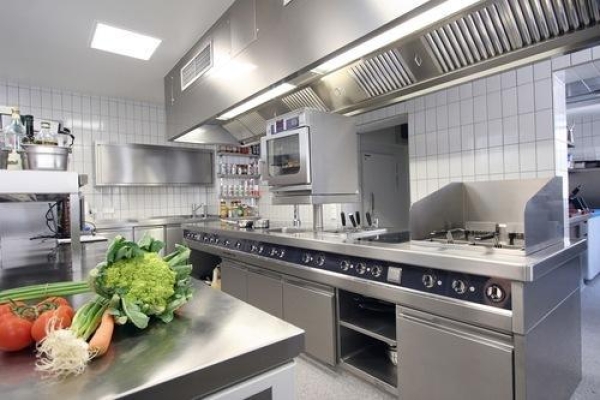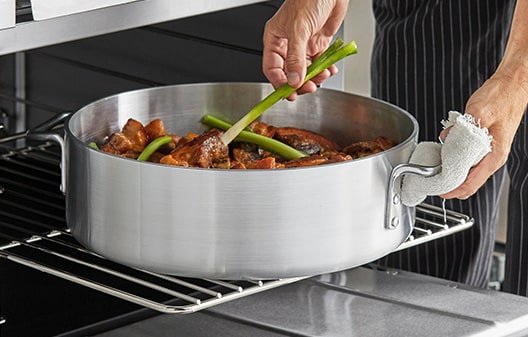




The prevailing COVID-19 situation has exposed the unsustainable business models adopted in the hotel industry. Traditionally, star-rated hotels have been viewed to be more resilient and adaptive to shocks compared to small urban eateries and restaurants. However, COVID-19 has exposed their vulnerability as a result of overdependence on foreign clients and unsustainable pricing models. As presented in Figure 2, around 86 per cent of hotel clients were local even after resumption of flights in August 2020. This group of hotels are also known to depend on conferences and events, which were all brought to a halt to contain the spread of the virus. The pandemic has resulted to closure of hotels such as the Intercontinental Hotel, Radisson Blu Hotel Upper Hill, Norfolk Fairmont and the Nairobi’s Tribe Hotel to date, while some that had temporarily closed such as Ole-Sereni, Dusit-2 have resumed their operations.
The restaurants and eateries practice a different business model that meets the needs of financially strained clients.This includes fair pricing and affordable packages that have seen their continued survival during this tough period. The Chicken Inn and Pizza Inn outlets, for instance, have friendly offers during specific days of the week such as Tuesday and Thursday where Pizzas are sold on the basis of buy one get one free. This strategies attract more clients thus increasing the hotels’ sales turnover. Majority of the restaurant outlets offer delivery services that give them a competitive edge especially during the COVID-19 period. The hotels have also thrived through varieties and packages designed to meet the needs of every customer by offering the same product in different proportions and sizes. In addition, adjusting the product and service mix by star-rated hotels to serve the needs of the domestic market can be another breakthrough for the sector. The food cost for menus served in starred hotels is high, which translates to the relatively higher prices compared to hotels and eateries. Serving simple and traditional food such as “Mukimo and Githeri” that have a lower food cost will imply lower pricing, thus attracting more customers.
Sarova Hotels are reengineering their business model to reach out to the low-end customers. They have opened two restaurants in Nairobi, in the Central Business District and Westlands, diversifying from the trademark hotels and accommodation business to restaurant model aimed at cushioning the hotel amid the pandemic. The Serena Hotel Group is also known for establishing lodges, resorts, hotels and camps in different parts of the country to serve the needs of various markets. However, tapping into the takeaway market has been a challenge for starred hotels given that most clients meet in the facilities for meetings, conferences and workshops, which demand real-time services. The physical setting of starred hotels also limits the takeaway strategy given that motorbikes are used for delivery services, which may not be appealing for this kind of setup. As such, this niche would be feasible only if these hotels adopt the restaurant model, such as what Sarova has done to tap into this niche market.
The arrival of 1.02 million COVID-19 vaccines doses in Kenya on 3rd March 2021 was timely, though not enough for the 47.56 million Kenyans. The country is already experiencing the third wave of COVID-19, and should the pandemic persist, the industry may experience more layoffs, reduced clients and decline in utilization of the hotel facilities. This will delay full resumption of hotel operations and further slowdown the efforts to enhance the contribution of the industry to the economy.
It is therefore, critical for the state and non-state agencies to explore innovative strategies to enhance resilience and incentivize the industry during the pandemic to sustain the growth trajectory.
Authors: Peris Wachira, Young Professional, Private Sector Department
Rufus Kandie, Young Professional, Productive Sector Department
[1] Hotel’s outlook: 2019–2023 Future resilience https://www.pwc.co.za/en/assets/pdf/hotels-outlook-19-2023.pdf
[1] KNBS (2020) Quarterly GDP Report, 2020. Accessed from https://www.knbs.or.ke/?page_id=1591.



Commercial kitchen ranges come in a multitude of different configurations and options to fit the needs of every foodservice kitchen. Given the importance of this



Restaurant owners are aware of the fact that the kitchen is the core of the whole business. Thus, they must invest wisely in the appliances
For any questions, problems or comments regarding our products and services, our support team is here to help.



